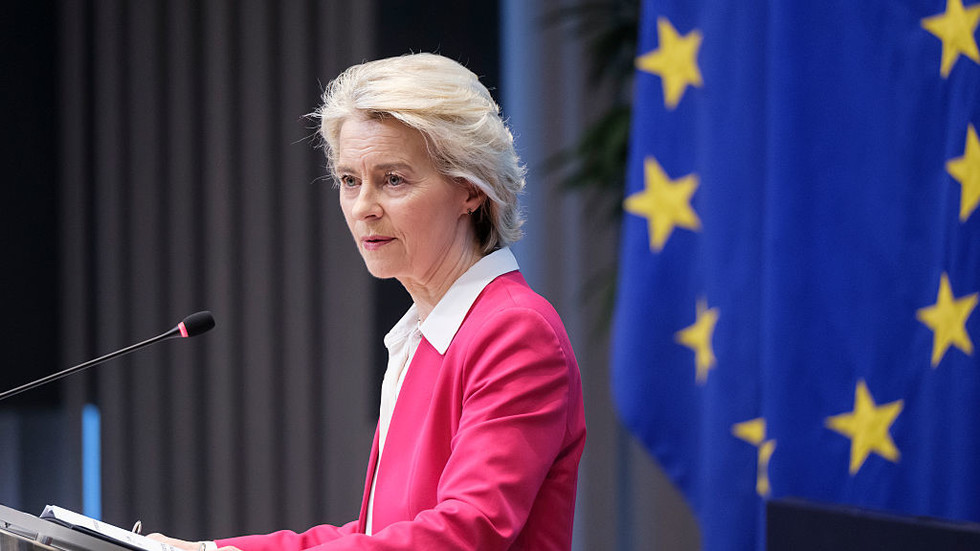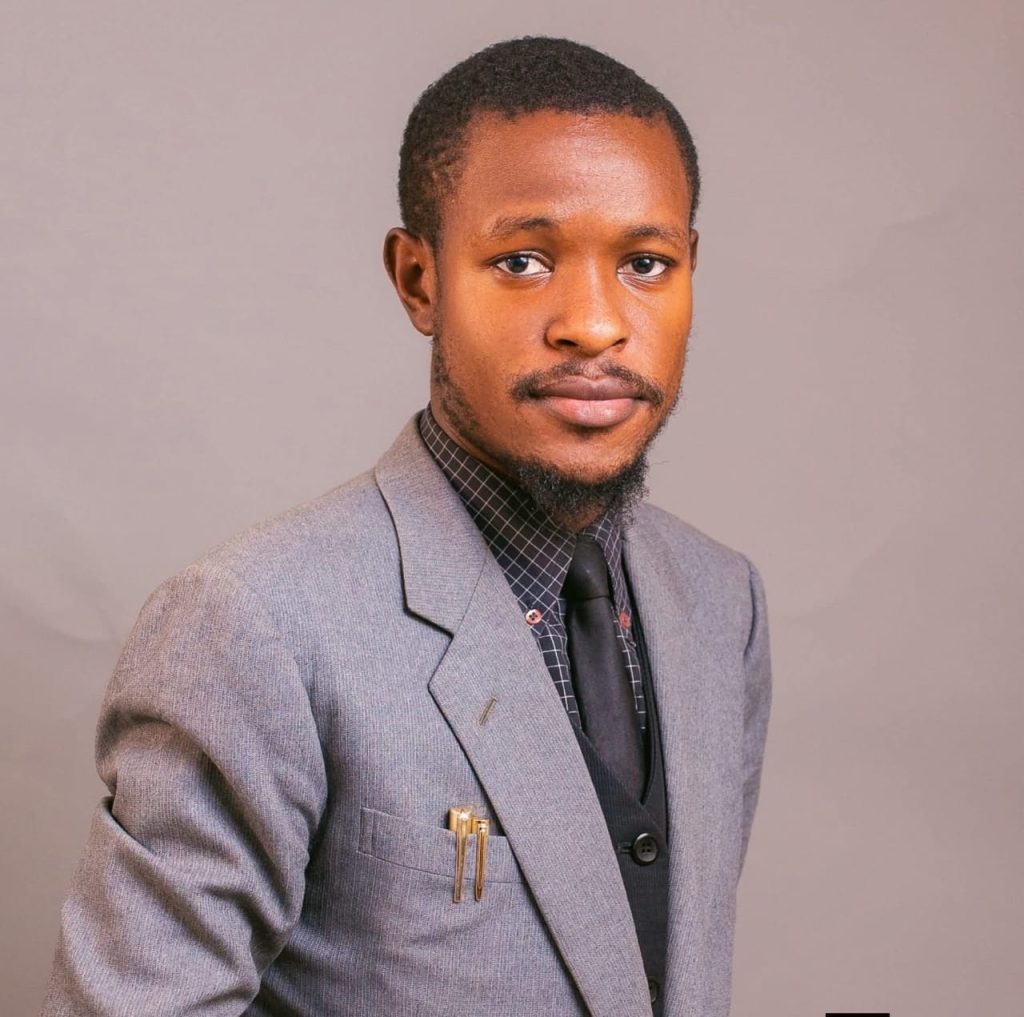The brutal massacre of over 200 people in Plateau State, Nigeria, has triggered widespread alarm and urgent calls for action. In the wake of the Christmas eve attacks by marauding gunmen in Bokkos and Barkin-Ladi local government areas, concerned voices are advocating for decisive measures to quell the escalating violence and restore peace to the region.
The terrorists’ onslaught, which targeted approximately 20 communities, resulted in extensive destruction of property and loss of lives. Similarly, a renewed attack in Durbi village only compounded the sense of fear and instability that has gripped the region. As the crisis persists, the imperative of deploying military resources to safeguard vulnerable communities and deter further bloodshed has come to the forefront.
Rooted in the simmering tensions between the indigenous Berom and Irigwe populations and Fulani herders, the conflict has been exacerbated by disputes over land ownership. The Berom and Irigwe communities have vehemently denounced the encroachment and renaming of their ancestral lands, sounding the alarm for urgent government intervention to prevent further displacement and loss of livelihoods.
In response to the horrors unfolding in Plateau State, a diverse array of voices have emerged, articulating a spectrum of opinions and proposed solutions. From political figures like former governor Jonah Jang and Senator Istifanus Gyang to cultural leaders such as the Gbong Gwom Jos, Da Jacob Buba, and socio-cultural groups like the Berom Educational and Cultural Organization, the unified plea for federal intervention underscores the gravity of the situation.
Among the proposed interventions, the notion of invoking a state of emergency has gained traction. Advocates argue that such a measure could provide the necessary framework for a comprehensive response to the multifaceted crisis. Addressing not only the immediate security threats but also the underlying issues of resource allocation and communal grievances, a state of emergency is being posited as a potential catalyst for meaningful dialogue and redress.
However, the complexity of the crisis calls for a nuanced approach that transcends simplistic categorizations. Murkthar Suleiman, a communication strategist, emphasized the need to recognize the conflict as a resource-based rather than religiously driven, urging a recalibration of the narrative. He underscored the imperative of equitable resource distribution and the mitigation of land ownership disputes as essential components of any sustainable resolution.
Echoing this sentiment, constitutional lawyer and rights activist Deji Adeyanju stressed the need for a judicious application of emergency measures, advocating for targeted interventions that prioritize the restoration of security while respecting constitutional parameters. His nuanced perspective embodies the call for prudence and legal adherence in navigating the complex terrain of the crisis.
Amidst the fervent appeals for military intervention and state-level emergency measures, an undercurrent of caution emerges. Stakeholders like Prof. Tukur Muhammad-Buba and communication strategist Mukhtar Suleiman urge a careful consideration of the potential ramifications of deploying a predominantly military-centric response. Citing historical precedents and the intricate social dynamics at play, they caution against viewing the crisis solely through a lens of conventional security solutions.
Suleiman’s emphasis on the perils of imposing a military-centric approach to a deeply rooted social crisis resonates with the global discourse on conflict resolution. Drawing parallels to analogous conflicts across the continent, he illuminates the need for an inclusive, holistic approach that transcends reductive narratives of religious or communal strife.
In navigating the complexities of the Plateau State crisis, the imperative of balanced, informed action comes to the fore. While the urgency of the situation demands decisive measures, the intricate web of historical, social, and geopolitical factors necessitates a multifaceted, empathetic approach. The global community’s gaze turns to Nigeria as the nation grapples with the imperative of safeguarding its citizens’ well-being and charting a path towards enduring peace.


